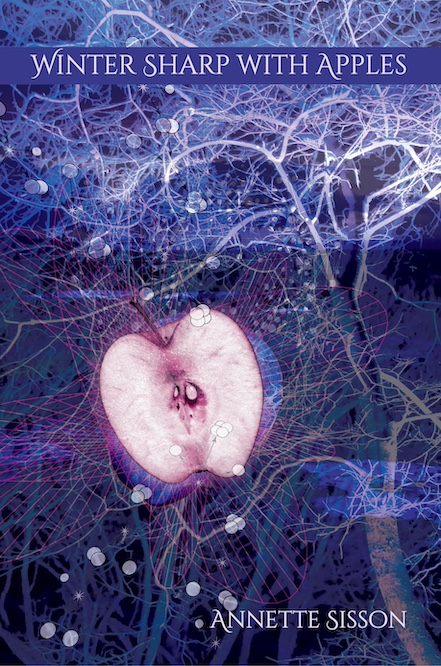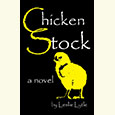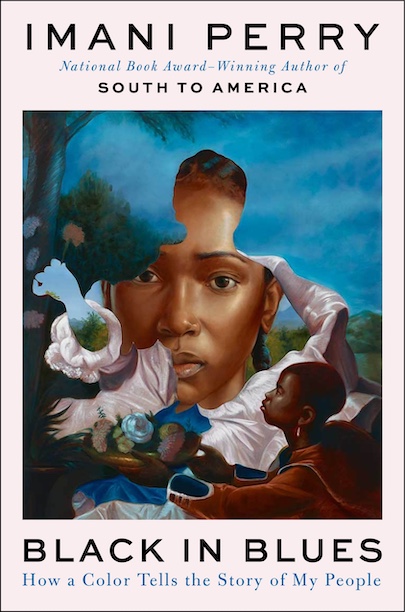Eat! Drink! Be Merry!
Julia Reed, an expert on Southern food and traditions, celebrates life’s sybaritic pleasures
The mother featured in the title of Julia Reed’s new nonfiction book is, in fact, not her own. “The mama in this story is Anne Ross Gee McGee, otherwise knows as ‘Bossy,’” Reed writes in the first pages of But Mama Always Put Vodka in Her Sangria!. The book’s introduction gives readers a rich background that begins with a contraband ham Reed smuggled into the country from Spain, explains her family’s relationship with the late Bossy, and ends with a sangria recipe that calls for, among other ingredients, an entire pineapple. “Anne Ross was my mother’s closest friend and my own chief protector and confidant,” Reed writes. “She was larger than life—a smart, seductive, and funny, funny woman, three parts Mame and one part Maggie the Cat.” Opening the essay collection with this homage to Reed’s past sets the stage for the parade of celebratory tales and culinary concoctions that follow.
 A veritable expert on the subject of Southern cooking, Reed has regularly covered food and drink and politics (although the latter hasn’t typically mixed well with the first two) for numerous national magazines. She currently writes “The High & the Low” column for Garden and Gun and is the author of three earlier books, including Queen of the Turtle Derby and other Southern Phenomena. In short, this Mississippi native and resident of New Orleans has more or less written the book on Southern cuisine, and she’s consistently brought food writing to life with her hilarious narrative voice. Reed has verve, curiosity, and a tone of familiarity that invites readers into her home and offers them a drink. And that’s only to start. The descriptions of food coursing through these pages make for compelling reading themselves, even without the context. Reed’s succotash isn’t some clichéd combination of lima beans and corn; it calls for both bacon and large peeled Gulf shrimp. If I wasn’t sold before page 192, her recipe for crabmeat bruschetta with garlic and jalapeno did me in. I want to eat this book.
A veritable expert on the subject of Southern cooking, Reed has regularly covered food and drink and politics (although the latter hasn’t typically mixed well with the first two) for numerous national magazines. She currently writes “The High & the Low” column for Garden and Gun and is the author of three earlier books, including Queen of the Turtle Derby and other Southern Phenomena. In short, this Mississippi native and resident of New Orleans has more or less written the book on Southern cuisine, and she’s consistently brought food writing to life with her hilarious narrative voice. Reed has verve, curiosity, and a tone of familiarity that invites readers into her home and offers them a drink. And that’s only to start. The descriptions of food coursing through these pages make for compelling reading themselves, even without the context. Reed’s succotash isn’t some clichéd combination of lima beans and corn; it calls for both bacon and large peeled Gulf shrimp. If I wasn’t sold before page 192, her recipe for crabmeat bruschetta with garlic and jalapeno did me in. I want to eat this book.
A typical essay in this collection sets the scene, consistently starring Reed as culinary detective or as wry, social observer. She’s always hosting a dinner, attending a party, or traveling to some exotic location, like Kabul, and distilling her experiences down to the best bites. The denouements inevitably include recipes that run the gamut from simple to complex; almost without exception, they inspire hunger and a new shopping list. Reed’s generous, companionable approach shines light on chefs both professional and amateur. Her succinct assessment of Jason Eptein’s Eating: A Memoir, for example, calls it “an unpretentious chronicle of an extraordinary life well lived, an antidote of sorts in this age of Rachael Ray and Iron Chef and meals made in an ever-decreasing amount of minutes. To read it is to vow to live better, though not necessarily extravagantly. The last recipe in the book is for a simple apple or pear tarte Tatin followed by the words, ‘And life goes on.’” Reed then includes the recipe, advising readers to serve it with vanilla ice cream. It’s her unflagging enthusiasm for Southern food and drinks—for the South itself—that makes her so enormously engaging.
Her challenge is to return to territory so familiar to her and make it fresh, and she achieves that here with resounding success. What she discovers, again and again, in the company she keeps and in this vast array of food and cocktails, is simple and profound: pleasure. The single most valuable contribution Reed brings to the table is her joy for the people and food of the South—a joy that’s vital and contagious. But Mama Always Put Vodka in Her Sangria! is, above all, a happy, happy book, intended to make readers laugh out loud and reminisce about family culinary traditions, to inspire them to labor in a kitchen, perhaps with a frothy cocktail in hand, and then to share the delicious rewards.
Julia Reed will read from and discuss But Mama Always Put Vodka in Her Sangria! at the Southern Food Writing Conference, held in Knoxville on May 16 and 17.


